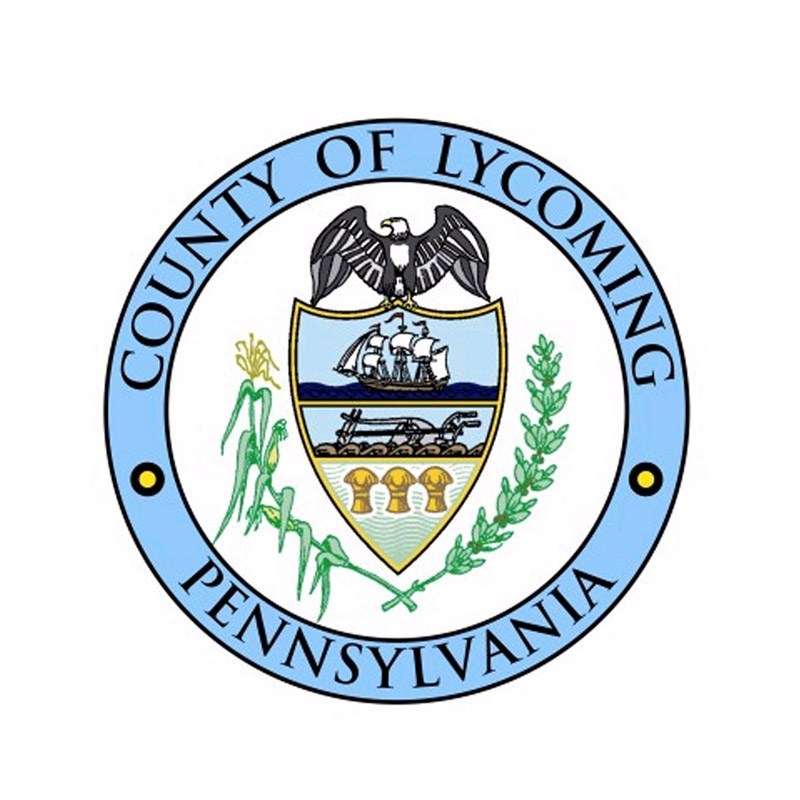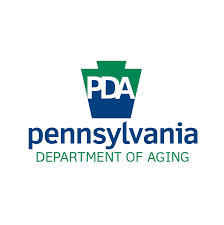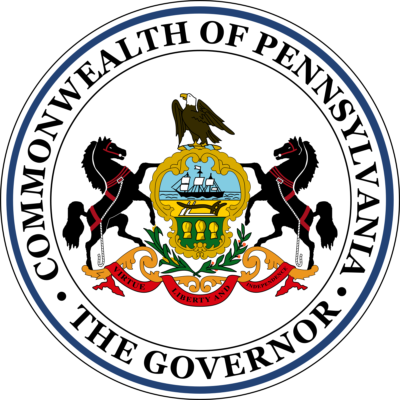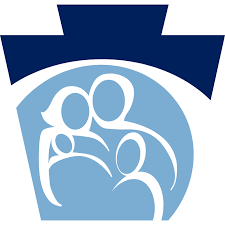Four (4) new cases added Friday in Lycoming County now at 914 cases, no new deaths, 31 total deaths, with 15,585 negatives according to DOH report.
Department of Health Provides Update on COVID-19,
2,219 Positives Bring Statewide Total to 190,579
Pennsylvanians Urged to Download COVID Alert PA App
Harrisburg, PA – The Pennsylvania Department of Health today confirmed as of 12:00 a.m., October 23, that there were 2,219 additional positive cases of COVID-19, bringing the statewide total to 190,579. Daily increases are now comparable with what we saw in April 2020, with today’s case count the largest one-day total.
The department will no longer be including counties with increases of more than 100 cases in the daily releases. The most accurate daily data is available on the website, with archived data also available.
The number of tests administered within the last 7 days between October 16 and October 22 is 235,737 with 10,840 positive cases. There were 39,757 test results reported to the department through 10 p.m., October 22.
There are 8,625 total deaths attributed to COVID-19, an increase of 33 new deaths reported. County-specific information and a statewide map are available on the COVID-19 Data Dashboard.
Mask-wearing is required in all businesses and whenever leaving home. Consistent mask-wearing is critical to preventing the spread of COVID-19.
There are 2,273 individuals who have a positive viral antigen test and are considered probable cases and 648 individuals who have a positive serology test and either COVID-19 symptoms or a high-risk exposure.
There are 2,200,868 individuals who have tested negative to date. Of those who have tested positive to date the age breakdown is as follows:
- Approximately 1% are ages 0-4;
- Nearly 2% are ages 5-12;
- Approximately 5% are ages 13-18;
- Nearly 14% are ages 19-24;
- Nearly 36% are ages 25-49;
- Approximately 21% are ages 50-64; and
- Nearly 21% are ages 65 or older.
Most of the patients hospitalized are ages 65 or older, and most of the deaths have occurred in patients 65 or older. More data is available here.
The department is seeing significant increases in the number of COVID-19 cases among younger age groups, particularly 19 to 24-year-olds. An alert was sent to healthcare providers about the changing COVID-19 case demographics, as there are more cases in younger age groups than in those 50-64 and 65+. The following regions saw significant increases among 19 to 24-year-olds in each month from April to present in October:
- NC – Approximately 7 percent of cases in April to nearly 31 percent of cases so far in October;
- SE – Nearly 5 percent of cases in April to approximately 12 percent of cases so far in October;
- NE – 6 percent of cases in April to approximately 18 percent of cases so far in October;
- SW – Approximately 5 percent of cases in April to nearly 13 percent of cases so far in October;
- NW – Nearly 7 percent of cases in April to nearly 17 percent of cases so far in October; and
- SC – Approximately 7 percent of cases in April to nearly 10 percent of cases so far in October.
In nursing and personal care homes, there are 25,122 resident cases of COVID-19, and 5,455 cases among employees, for a total of 30,577 at 1,039 distinct facilities in 62 counties. Out of our total deaths, 5,699 have occurred in residents from nursing or personal care facilities. A county breakdown can be found here.
Approximately 11,906 of our total cases are among health care workers.
Statewide – The Wolf Administration has since noon, Oct. 21:
- Provided latest CMU metrics report.
- Announced plan to waive liquor license fees to provide financial relief to restaurants and bars.
- Provided Pennsylvania State Police enforcement data.
The Wolf Administration stresses the role Pennsylvanians play in helping to reduce the spread of COVID-19:
- Wash your hands with soap and water for at least 20 seconds or use hand sanitizer if soap and water are not available.
- Cover any coughs or sneezes with your elbow, not your hands.
- Clean surfaces frequently.
- Stay home to avoid spreading COVID-19, especially if you are unwell.
- If you must go out, you are required to wear a mask when in a business or where it is difficult to maintain proper social distancing.
- Download the COVID Alert PA app and make your phone part of the fight. The free app can be found in the Google Play Store and the Apple App Store by searching for “covid alert pa”.
Updated Coronavirus Links: Press Releases, State Lab Photos, Graphics
- Daily COVID-19 Report
- Press releases regarding coronavirus
- Latest information on the coronavirus
- Photos of the state’s lab in Exton (for download and use)
- Coronavirus and preparedness graphics (located at the bottom of the page)
- Community preparedness and procedures materials
All Pennsylvania residents are encouraged to sign up for AlertPA, a text notification system for health, weather, and other important alerts like COVID-19 updates from commonwealth agencies. Residents can sign up online at www.ready.pa.gov/BeInformed/Signup-For-Alerts.











